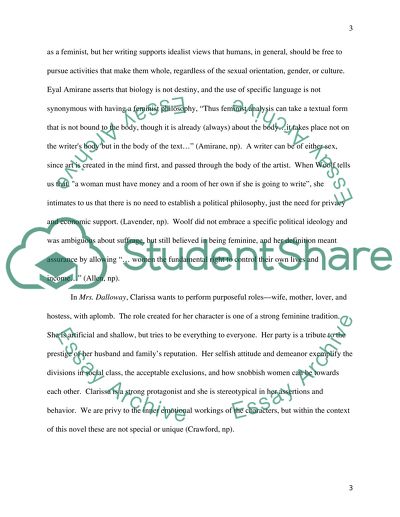Cite this document
(To the Lighthouse by Virginia Woolf Book Report/Review, n.d.)
To the Lighthouse by Virginia Woolf Book Report/Review. Retrieved from https://studentshare.org/gender-sexual-studies/1508202-is-virginia-woolf-a-feminist-writer
To the Lighthouse by Virginia Woolf Book Report/Review. Retrieved from https://studentshare.org/gender-sexual-studies/1508202-is-virginia-woolf-a-feminist-writer
(To the Lighthouse by Virginia Woolf Book Report/Review)
To the Lighthouse by Virginia Woolf Book Report/Review. https://studentshare.org/gender-sexual-studies/1508202-is-virginia-woolf-a-feminist-writer.
To the Lighthouse by Virginia Woolf Book Report/Review. https://studentshare.org/gender-sexual-studies/1508202-is-virginia-woolf-a-feminist-writer.
“To the Lighthouse by Virginia Woolf Book Report/Review”, n.d. https://studentshare.org/gender-sexual-studies/1508202-is-virginia-woolf-a-feminist-writer.


